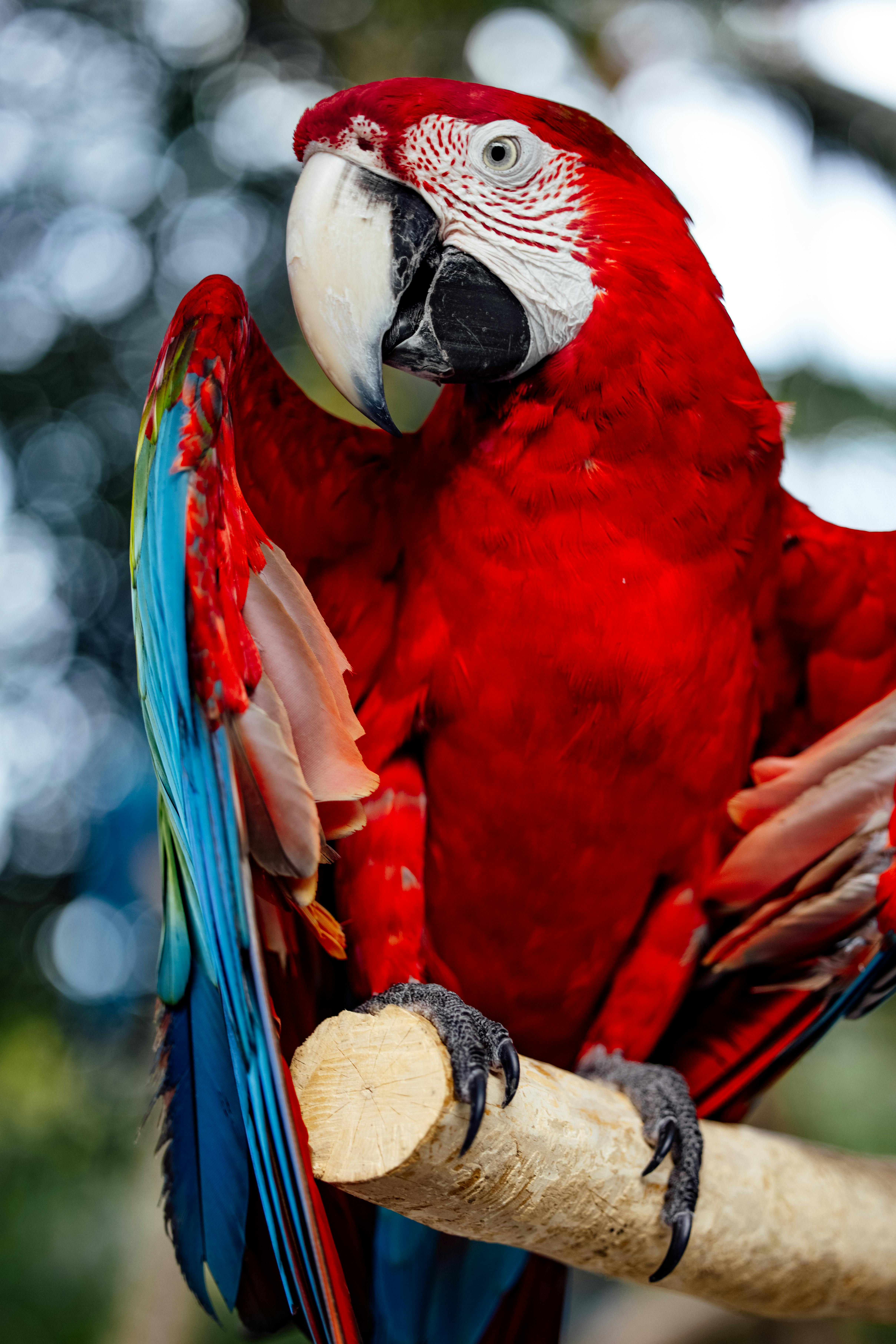
Essential Guide to House Rabbit Network: Improve Care for Bunnies in 2025
As pet ownership continues to evolve, the importance of providing optimal care for house rabbits has never been more crucial. Rabbits, often seen merely as adorable pets, are complex animals with distinct needs that can significantly impact their overall health and well-being. In 2025, the focus on understanding and meeting these needs requires a deeper dive into rabbit care practices. This article serves as your essential guide to caring for bunnies, emphasizing their dietary needs, housing requirements, and emotional well-being.
House rabbits are not just pets; they are companions that require affection, proper care, and social engagement. Through education and understanding, rabbit owners can create an enriching environment that allows their pets to thrive. You will discover the best practices for rabbit care, the importance of socialization, health checks, and other essential topics vital for a flourishing bunny lifestyle. Key takeaways include insights into rabbit behavior, guidance on effective training techniques, and recommendations on rabbit-friendly housing and toys. Let's explore how to enhance the lives of our beloved house bunnies.
Essential Care Techniques for House Rabbits
Understanding Rabbit Behavior
The first step in ensuring your domestic rabbit's well-being is understanding their behavior. Rabbits are social animals that display a wide range of emotions and behaviors that can indicate how they are feeling. Common behaviors include nose twitching when excited and thumping when annoyed or scared. By learning to interpret these actions, rabbit owners can respond appropriately, fostering a trusting relationship.
In addition, it’s essential to recognize signs of stress or discomfort. Changes in eating habits or litter box usage can signify underlying health issues. Implementing regular health checks empowers rabbit owners to catch problems early, ensuring their pets remain happy and healthy.
Creating a Rabbit-Friendly Environment
Indoor rabbits thrive in a well-structured environment that caters to their natural instincts. A safe, engaging space includes ample room for them to explore and play. Providing rabbit-friendly plants and safe toys enhances their playtime, fulfilling their need for mental stimulation.
Space setups should prioritize safety, ensuring potential hazards are removed. Expanding their area with rabbit-proofed enclosures or playhouses allows for safe exploration. By being mindful of their surroundings, you can create a rabbit-friendly atmosphere that encourages healthy behaviors and reduces stress.
Daily Care Routines
Consistent daily care routines are vital for maintaining your pet rabbit's health and happiness. A proper schedule should include feeding, exercise, cleaning, and bonding time. Rabbits thrive when they know what to expect from their daily lives, and routines help establish this sense of security.
Feeding rabbits high-quality hay combined with fresh vegetables ensures they receive the necessary nutrients. Establishing a feeding schedule that aligns with your rabbit's needs promotes digestive health. Regular playtime not only strengthens the bond between rabbit and owner but also stimulates their physical and mental abilities.
Optimizing Rabbit Nutrition for Health
House Rabbit Diet Essentials
A balanced diet is paramount in ensuring your house rabbit's health. Hay should form the majority of their diet, supplemented with an appropriate variety of fresh greens and rabbit pellets. Understanding which vegetables are safe for rabbits is critical; favorites include romaine lettuce, kale, and cilantro.
Integrating treats into their diet should be done cautiously. While small portions of fruits like apples and bananas can be enjoyable, moderation is key to preventing obesity and digestive issues. By focusing on a nutrient-rich diet, rabbit owners can significantly enhance their pet's health.
Monitoring Rabbit Health
Regular health checks are essential for early detection of potential health issues. Observing your rabbit for changes in behavior, appetite, and physical condition can give insights into their overall health. Understanding common rabbit health issues can aid in proactive care.
Finding a rabbit-savvy veterinarian is crucial in maintaining your pet's health. Regular vet visits ensure vaccinations are up-to-date and provide opportunities for expert advice regarding diet, grooming, and general care.
Weight Management and Obesity Prevention
Maintaining a healthy weight is a key component of rabbit care, as obesity can lead to several health problems. Monitoring your rabbit's weight can help prevent obesity-related issues. Engaging in regular exercise, through playtime or supervised outdoor hopping, fosters healthy weight management.
Implementing a balanced diet alongside consistent physical activity not only helps keep your rabbit at a healthy weight but also enhances their overall well-being, improving their quality of life.

Rabbit Socialization and Training Techniques
Bonding with Your Rabbit
Social interaction is vital for house rabbits. Building a strong bond requires patience and understanding. Spending quality time with your rabbit, engaging in gentle petting, and allowing them to explore their surroundings fosters trust.
Playtime is also an excellent opportunity for bonding. Incorporating interactive toys can enhance engagement and create a joyful atmosphere. It's essential to recognize each rabbit’s personality to tailor the bonding experience appropriately, as some may prefer quiet affection while others enjoy energetic play.
Litter Box Training for Rabbits
Litter box training is a fundamental aspect of house rabbit care. Rabbits are generally clean animals and can be trained to use a specific area for their bathroom needs. Selecting a suitable litter material, such as paper-based litter, can help facilitate this process.
Understanding your rabbit's specific habits can help with the training process. Placing the litter box in a designated area where they spend most of their time increases the likelihood of success. Proper litter box maintenance, including regular cleaning, will also encourage continued use.
Behavioral Enrichment Strategies
Providing behavioral enrichment is essential for keeping your rabbit mentally stimulated and happy. Simple activities like hiding treats in their space or providing chew toys can significantly boost their well-being. Engaging with various rabbit-friendly toys nurtures curiosity and encourages activity.
Incorporating agility courses or puzzle toys can further enhance their physical and mental exercise. Continuous engagement through new experiences keeps your rabbit active and encourages healthy behaviors.
Ensuring Safe Rabbit Practices
Rabbit Safety Guidelines
Creating a safe environment for your pet rabbit is paramount. Ensuring electrical cords are safely stowed away, removing toxic plants, and securing potentially harmful items keeps your rabbit out of danger. Being aware of rabbit-friendly vs. toxic products can make a considerable difference in their safety.
If your rabbit enjoys outdoor time, supervise their activities to avoid dangers such as predators or harmful plants. Building a secure outdoor space with proper shade can create an enriched environment that supports natural behaviors.
Common Rabbit Health Issues
Becoming familiar with common rabbit health issues can empower owners to take preventative measures. Dental health is a notable concern; regular checks for overgrown teeth and providing appropriate chew toys can prevent future problems. Monitoring their weight is also crucial to avoid obesity-related health issues.
Additionally, respiratory issues can arise if rabbits are exposed to drafts or damp conditions. Prioritizing a clean and dry living environment while providing good ventilation will help ensure your rabbit remains healthy.
Rabbit Welfare and Rights
Understanding rabbit welfare and rights plays a vital role in responsible ownership. Advocating for rescue organizations and promoting adoption is vital in improving the lives of countless rabbits. By choosing to adopt from local rescues, owners can give a home to a rabbit in need and help reduce the number of rabbits in shelters.

Q&A Section on Rabbit Care
What is the best diet for house rabbits?
The best diet for house rabbits primarily consists of fresh hay, a variety of leafy greens, and small amounts of pellets. This diet should be complemented with occasional safe treats to ensure balanced nutrition.
How can I train my rabbit not to chew on furniture?
Training your rabbit to avoid chewing on furniture involves providing designated chew toys and redirecting their attention. Consistent strategies, rewards, and patience will encourage them to develop better habits.
What should I do if my rabbit is not eating?
If your rabbit suddenly stops eating, it may indicate a serious health issue. It’s crucial to consult a veterinarian immediately, as prompt action can prevent further complications.
How can I enrich my rabbit’s environment?
Enrich your rabbit’s environment by adding various toys, offering hiding places, and creating playful challenges. Regularly rotating toys helps keep things exciting and prevents boredom.
What are some tips for adopting a rabbit?
When adopting a rabbit, ensure you have a safe space ready that accommodates their needs. Research different breeds to understand their behavior and needs. Moreover, consider adopting from local rescues to support rabbit welfare.